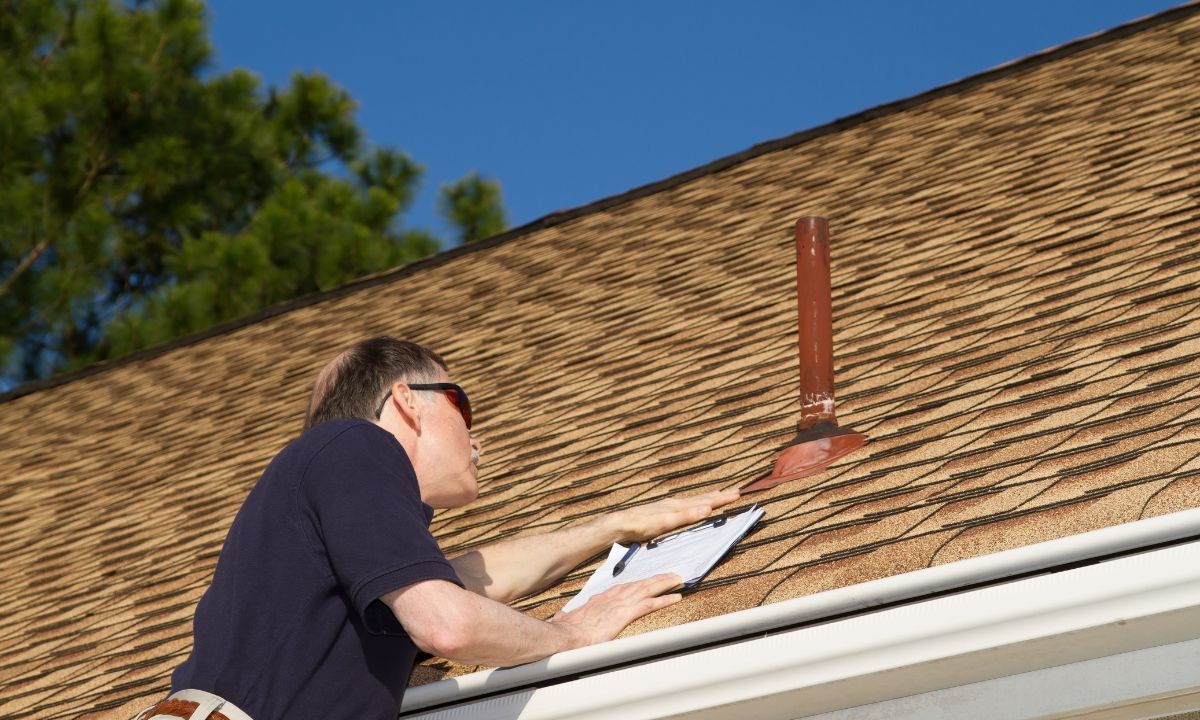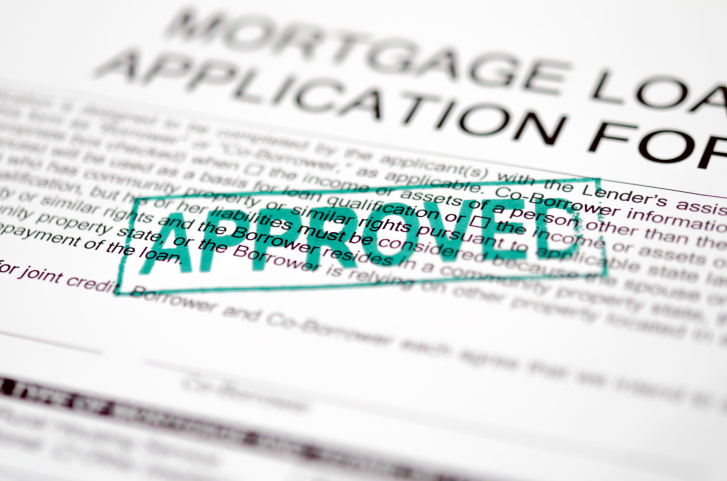 Moving into a new home is exciting, but it can also come with unexpected expenses that quickly add up. Between packing supplies, transportation, and time off work, costs can spiral before you even settle in. But with a bit of planning and resourcefulness, you can cut down on unnecessary spending and keep more cash in your pocket.
Moving into a new home is exciting, but it can also come with unexpected expenses that quickly add up. Between packing supplies, transportation, and time off work, costs can spiral before you even settle in. But with a bit of planning and resourcefulness, you can cut down on unnecessary spending and keep more cash in your pocket.
Plan Ahead and Get Creative
The key to saving money during a move is preparation. Start gathering your moving supplies weeks in advance. The closer you get to moving day, the more likely you are to overspend in a panic.
Save Money on Boxes
Boxes may seem like a minor expense, until you realize you need dozens of them. Buying brand-new moving boxes from a store or moving company can cost $2 to $5 each. Multiply that by 30 or 40, and you have spent a small fortune just on cardboard.
Here’s how to get boxes without blowing your budget:
- Check Craigslist or Facebook Marketplace: Many people offer gently used moving boxes for free or cheap. They’ll often be happy to let them go just to free up space.
- Look on eBay: Some sellers offer bulk moving boxes at discounted prices. Just be sure to account for shipping before checking out.
- Ask local stores: Grocery stores, liquor stores, and big-box retailers regularly receive shipments and may have sturdy boxes available. Just ask a manager if they can set some aside for you.
Save on Packing Materials
Professional movers offer packing services, but they come at a premium. Labor, materials, and time all factor into the cost, and it can add hundreds to your final bill.
Instead, do the packing yourself and use items you already have:
- Use newspaper for breakables like dishes, mugs, and wine glasses.
- Wrap items with soft belongings such as towels, blankets, and T-shirts.
- Use socks to fill gaps in boxes or cushion fragile items, just as effective as packing peanuts, and they’re already paid for.
Save on Transportation
Renting a moving van or hiring movers is often the biggest cost. Before committing, check with friends and family first. Someone may have a truck or trailer you can borrow or rent at a much lower rate than a commercial service.
Offer to pay for their gas or treat them to lunch, it will still be a fraction of the cost of a rental.
By planning ahead and being a little thrifty, you can cut moving costs significantly and reduce stress. Every dollar saved on moving is a dollar you can put toward making your new home feel like home.
Are you ready to start your next chapter? We can help you find the perfect home that fits your budget, lifestyle, and goals. Call today to begin the journey!
 Buying your first home is an exciting milestone, but it can also feel overwhelming. One critical step in the home-buying process is the home inspection. An inspection is a complete examination by a professional home inspector and ensures the property is in good condition and helps you avoid costly surprises. What exactly does a home inspector look for in a home you want to buy? Let’s break it down.
Buying your first home is an exciting milestone, but it can also feel overwhelming. One critical step in the home-buying process is the home inspection. An inspection is a complete examination by a professional home inspector and ensures the property is in good condition and helps you avoid costly surprises. What exactly does a home inspector look for in a home you want to buy? Let’s break it down. “No-deposit” mortgage deals for first-time buyers refer to mortgage options that allow buyers to purchase a home without having to put down a deposit or a down payment. Here are the pros and cons of such deals:
“No-deposit” mortgage deals for first-time buyers refer to mortgage options that allow buyers to purchase a home without having to put down a deposit or a down payment. Here are the pros and cons of such deals: One of the most common dreams is homeownership; however, the cost of buying a house is rising quickly, and many children cannot afford to buy a house even after they finish school. They might be encumbered with student loans, and they could have a difficult time finding a job. Fortunately, there are ways parents can help their adult children buy a home.
One of the most common dreams is homeownership; however, the cost of buying a house is rising quickly, and many children cannot afford to buy a house even after they finish school. They might be encumbered with student loans, and they could have a difficult time finding a job. Fortunately, there are ways parents can help their adult children buy a home. A significant number of people are self-employed, which means they might be relying on this income to apply for a mortgage. It is true that people who are self-employed may face additional challenges when trying to get approved for a home loan when compared to someone with traditional W2 income, these are obstacles that can be overcome. With the right qualifications and documentation, even first-time homebuyers who are self-employed should be able to qualify for the home loan they need.
A significant number of people are self-employed, which means they might be relying on this income to apply for a mortgage. It is true that people who are self-employed may face additional challenges when trying to get approved for a home loan when compared to someone with traditional W2 income, these are obstacles that can be overcome. With the right qualifications and documentation, even first-time homebuyers who are self-employed should be able to qualify for the home loan they need. So you’re set to buy your first house. But where do you begin?
So you’re set to buy your first house. But where do you begin?